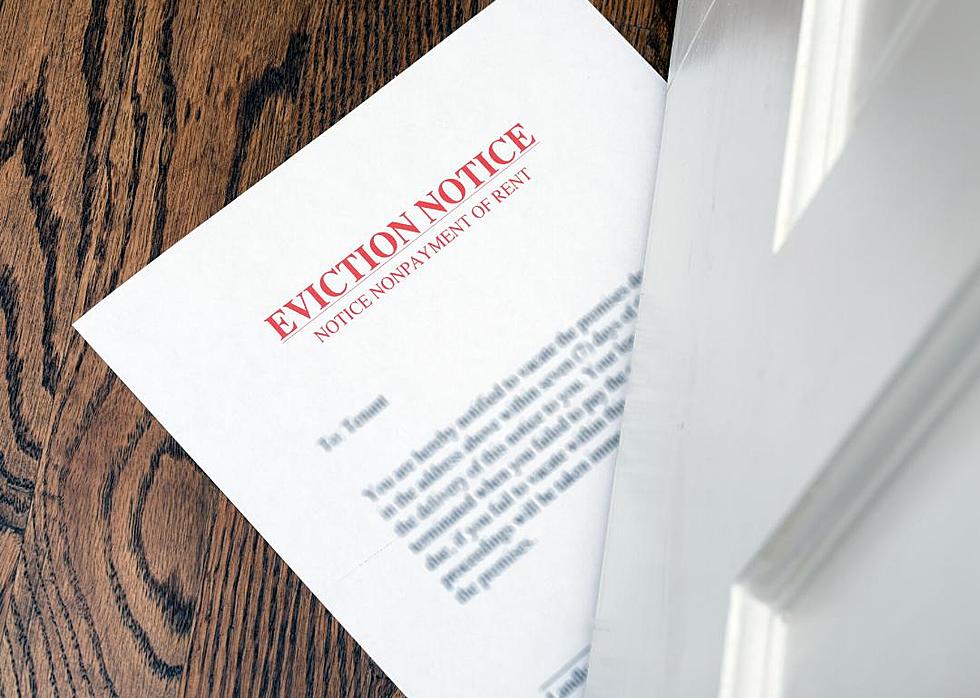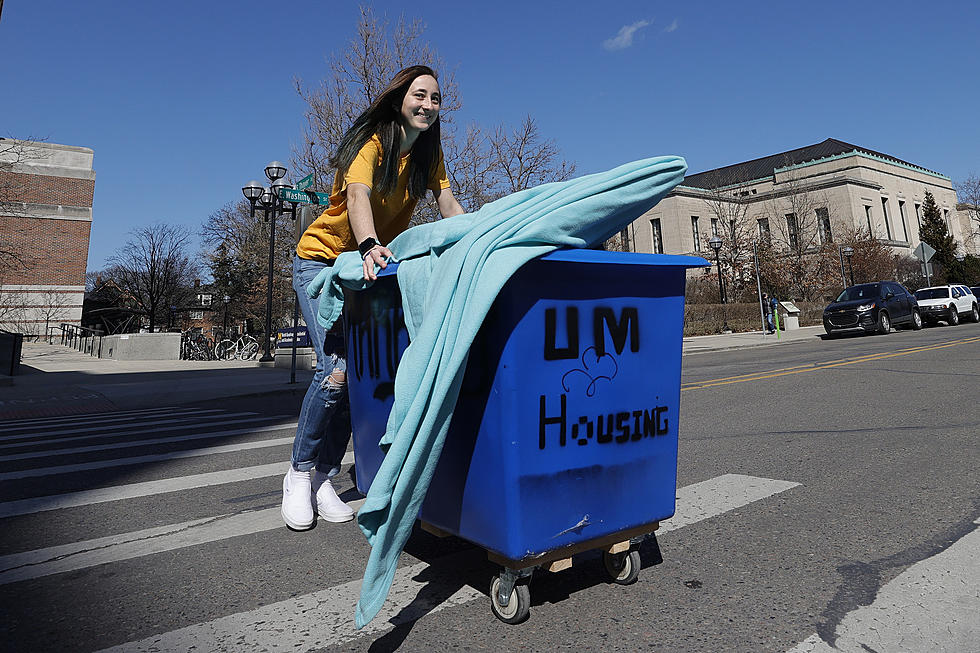
National Eviction Ban Extended Through June 30
With the national ban on eviction set to expire in a few days, renters facing financial hardship during the pandemic have been worried about losing their housing. The Centers for Disease Control have now extended the ban through June 30th, CNBC reports.

CDC director Dr. Rochelle Walensky said in a statement,
“The COVID-19 pandemic has presented a historic threat to the nation’s public health. Keeping people in their homes and out of crowded or congregate settings — like homeless shelters — by preventing evictions is a key step in helping to stop the spread of COVID-19.”
The national ban on eviction has been in place since September and was set to expire March 30. Prior to that, the State of Michigan had a moratorium on eviction in place.
According to the order, tenants must provide a declaration to their landlord indicating the following:
(1) The individual has used best efforts to obtain all available government assistance for rent or housing;
(2) The individual either (i) expects to earn no more than $99,000 in annual income for Calendar Year 2021 (or no more than $198,000 if filing a joint tax return), was not required to report any income in 2020 to the U.S. Internal Revenue Service, or received an Economic Impact Payment (stimulus check) pursuant to Section 2201 of the CARES Act;
(3) the individual is unable to pay the full rent or make a full housing payment due to substantial loss of household income, loss of compensable hours of work or wages, a lay-off, or extraordinary out-of-pocket medical expenses;
(4) the individual is using best efforts to make timely partial payments that are Start Printed Page 8021as close to the full payment as the individual's circumstances may permit, taking into account other nondiscretionary expenses; and
(5) eviction would likely render the individual homeless—or force the individual to move into and live in close quarters in a new congregate or shared living setting—because the individual has no other available housing options.
As the Detroit Free Press points out, "signing a declaration does not mean that tenants don't have to pay rent or that landlords can't collect late fees, penalties or interest for late payments."
In addition to that, landlords can still evict tenants "for engaging in criminal activity while on the premises of their rental home, threatening the health and safety of other residents or damaging property."
Financial help is coming soon as well for renters, by way of the COVID Rental Assistance Program (CERA).
The goal of CERA is to help renters avoid eviction through direct rental assistance payments to landlords. Help with utilities is available too.
Funding for CERA comes from the coronavirus relief package passed by Congress in December. Currently the State of Michigan has $282 million available for the program, with approximately $38.5 million going to Kent County.
READ MORE: Here are 10 ways to help others who are struggling right now
More From 1240 WJIM AM










